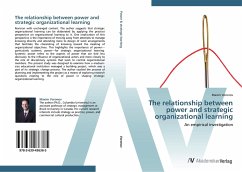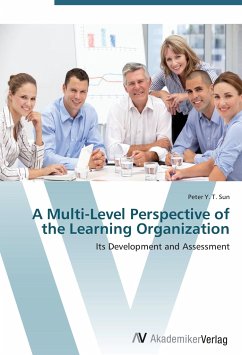Revision with unchanged content. The author suggests that strategic organizational learning can be elaborated by applying the practice perspective on organizational learning to it. One implication of this perspective is the importance of moving away from attempts to manage knowing directly and attending more to design of work arrangements that facilitate the channeling of knowing toward the meeting of organizational objectives. This highlights the importance of power---particularly systemic power---for strategic organizational learning. Systemic power refers to the aspects of power that are tied less obviously to the influence of organizational actors and more closely to the role of disciplinary systems that work to control organizational members. The present study was designed to examine how a medium-size educational institution managed a building project, which was a part of its strategic change process. The author studied the process of planning and implementing the project asa means of exploring research questions relating to the role of power in shaping strategic organizational learning.
Bitte wählen Sie Ihr Anliegen aus.
Rechnungen
Retourenschein anfordern
Bestellstatus
Storno








